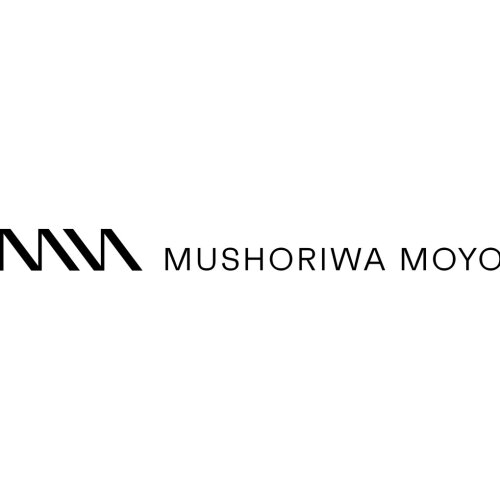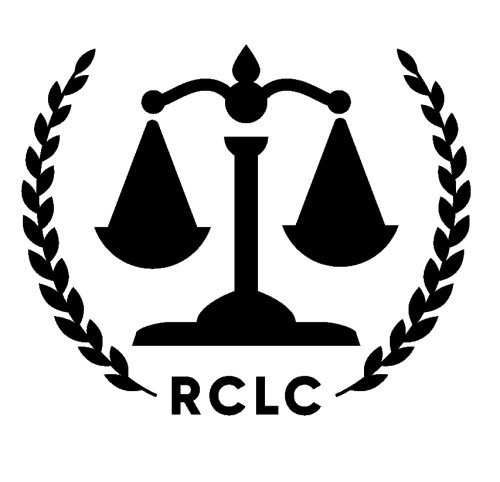Best Wage & Hour Lawyers in Zimbabwe
Share your needs with us, get contacted by law firms.
Free. Takes 2 min.
Or refine your search by selecting a city:
List of the best lawyers in Zimbabwe
About Wage & Hour Law in Zimbabwe
Wage and Hour Law in Zimbabwe encompasses regulations regarding the payment of wages and the number of hours an employee is permitted to work. These laws are primarily designed to ensure fair treatment of workers by setting minimum wage standards, addressing overtime compensation, and regulating working hours. The Labor Act is the principal legislation governing employment matters in Zimbabwe. It aims to protect workers’ rights and ensure decent working conditions.
Why You May Need a Lawyer
Legal assistance may be necessary in several situations involving Wage and Hour issues in Zimbabwe:
- Disputes over unpaid wages or salary deductions.
- Instances of unpaid overtime or incorrect calculation of overtime pay.
- Unresolved disagreements regarding working hours or employment benefits.
- Violations of minimum wage laws.
- Cases of unfair dismissal related to wage disputes.
- Need for contract review to ensure compliance with wage laws.
Consulting with a lawyer can help navigate these disputes, ensure proper adherence to labor laws, and secure fair treatment of workers.
Local Laws Overview
Key aspects of Zimbabwe’s local laws pertinent to Wage & Hour include:
- Minimum Wage Regulations: The government periodically sets minimum wage levels for various sectors, which employers must comply with.
- Working Hours: The standard workweek is typically capped, with stipulated rest periods and breaks. Overtime must be compensated as per legal guidelines.
- Overtime Compensation: Overtime work should be voluntary and paid at a higher rate, as prescribed by the relevant employment council agreements or sectoral determinations.
- Employment Contracts: Contracts must specify terms of employment, including wages, working hours, and other conditions.
- Employee Rights: The Labor Act outlines various rights afforded to employees, including protection against unfair labor practices and dismissal.
Frequently Asked Questions
What is the current minimum wage in Zimbabwe?
The minimum wage in Zimbabwe varies by industry and is subject to periodic updates by the government. It's important to refer to the latest government publications or specific employment council guidelines for accurate figures.
How are overtime wages calculated?
Overtime wages are typically calculated at a rate higher than the standard hourly wage. The exact rate can vary, but it is common for overtime to be paid at 1.5 times the regular rate, depending on specific sector agreements.
What steps can I take if my employer is not paying me the minimum wage?
If you're not receiving the legally mandated minimum wage, you can report the issue to the Ministry of Labor and Social Welfare or consult with a labor lawyer to discuss legal remedies.
Are there laws governing the length of a workday in Zimbabwe?
Yes, there are legal provisions regarding the maximum number of working hours per day and per week, along with mandated rest periods and breaks.
Can my employer require me to work overtime?
Overtime should generally be voluntary unless stipulated otherwise in your employment contract. It should also be compensated at the agreed-upon overtime rate.
What are my rights if I am unfairly dismissed over wage issues?
Employees have the right to challenge unfair dismissal through legal channels. Affected individuals can seek redress at the Labor Court or through the assistance of a lawyer.
Do I need a written contract to be protected under Wage & Hour laws?
While written contracts are advisable as they clearly define terms of employment, even verbal agreements are subject to national Wage & Hour laws.
How can I confirm if my wages are calculated correctly?
Review your pay stub alongside your employment contract and any relevant wage regulations. If discrepancies arise, consult with your employer or seek legal advice.
What entity enforces Wage & Hour laws in Zimbabwe?
The Ministry of Labor and Social Welfare is primarily responsible for enforcing Wage & Hour laws in Zimbabwe.
What recourse do I have if my employer violates Wage & Hour laws?
You can file a complaint with the Ministry of Labor or take legal action through the courts with the help of a lawyer specializing in labor issues.
Additional Resources
Consider reaching out to these resources for assistance with Wage & Hour issues:
- Ministry of Labor and Social Welfare: Offers guidance and can address complaints related to labor laws.
- Zimbabwe Congress of Trade Unions (ZCTU): Provides advocacy and support for workers’ rights.
- Legal Aid Clinics: Offer affordable legal assistance for workers needing help with employment issues.
- Employment Councils: Specific to industries, these councils can provide sector-specific wage information and mediation services.
Next Steps
If you need legal assistance concerning Wage & Hour issues, consider the following steps:
- Gather all relevant employment documents, including contracts and pay slips.
- Document any communications or incidents related to the wage dispute.
- Consult with a labor law attorney to evaluate your situation and discuss potential legal actions.
- Contact relevant governmental or labor organizations for guidance and support.
- Consider dispute resolution mechanisms through employment councils or the Labor Court if applicable.
Seeking professional legal advice can help ensure your rights are protected and disputes are resolved in accordance with the law.
Lawzana helps you find the best lawyers and law firms in Zimbabwe through a curated and pre-screened list of qualified legal professionals. Our platform offers rankings and detailed profiles of attorneys and law firms, allowing you to compare based on practice areas, including Wage & Hour, experience, and client feedback.
Each profile includes a description of the firm's areas of practice, client reviews, team members and partners, year of establishment, spoken languages, office locations, contact information, social media presence, and any published articles or resources. Most firms on our platform speak English and are experienced in both local and international legal matters.
Get a quote from top-rated law firms in Zimbabwe — quickly, securely, and without unnecessary hassle.
Disclaimer:
The information provided on this page is for general informational purposes only and does not constitute legal advice. While we strive to ensure the accuracy and relevance of the content, legal information may change over time, and interpretations of the law can vary. You should always consult with a qualified legal professional for advice specific to your situation.
We disclaim all liability for actions taken or not taken based on the content of this page. If you believe any information is incorrect or outdated, please contact us, and we will review and update it where appropriate.
Browse wage & hour law firms by city in Zimbabwe
Refine your search by selecting a city.
















